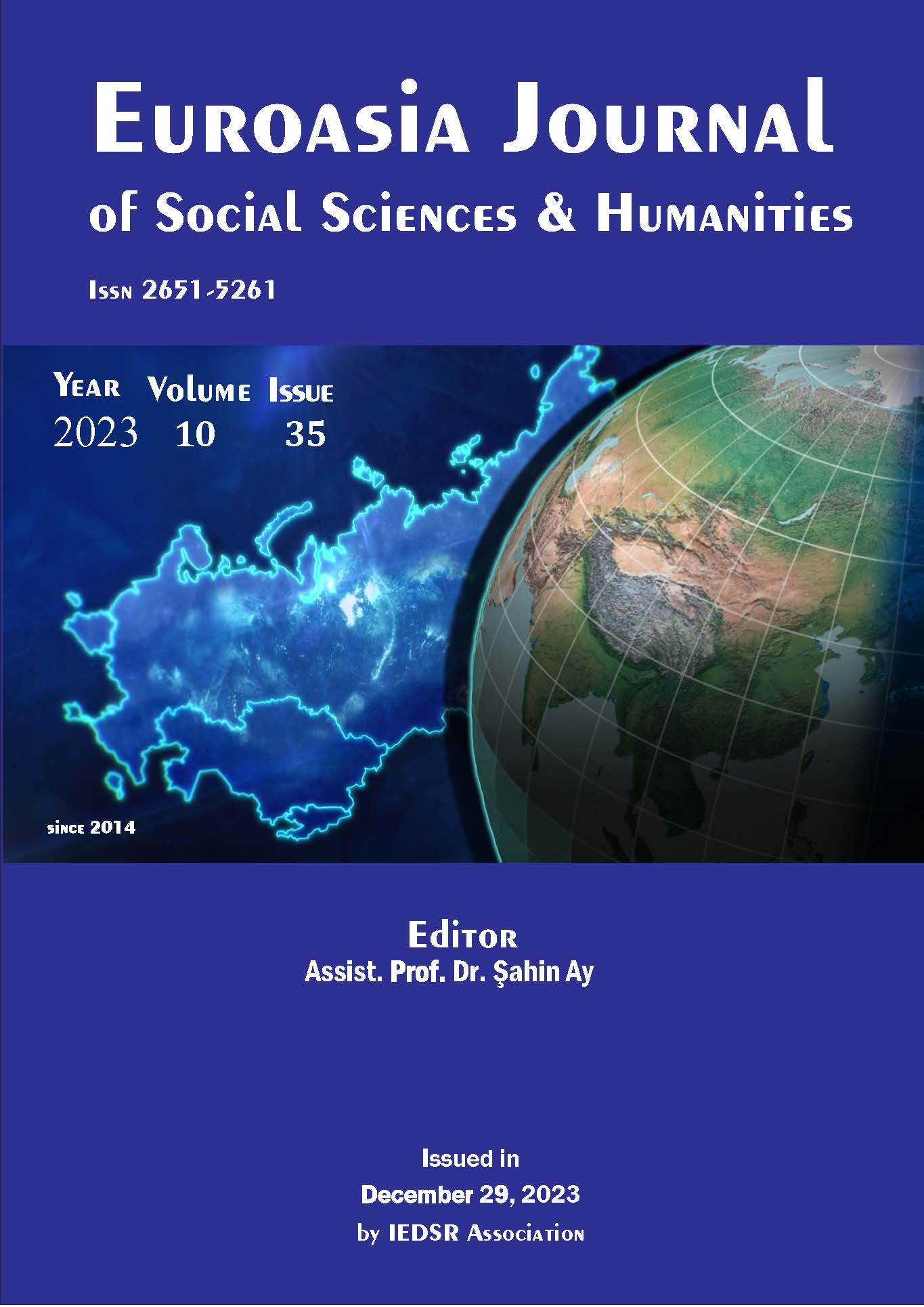An Evaluation on the Working Hours of Academic Staff According to Judicial Decisions
DOI:
https://doi.org/10.5281/zenodo.10443254Keywords:
Academic staff, higher education, civil cervant, shift, disciplineAbstract
In today's world, the importance of education at the higher education level has reached a very important level. With this understanding, higher education institutions have become widespread in developing or developed countries. So much so that it was not deemed sufficient to continue this activity by the state. In addition, efforts are being made to provide higher education through private law legal entities. Due to their importance, it was aimed to provide higher education and higher education institutions with a secure system by including them in the Constitution. Many issues such as the status of higher education institutions, the rights and obligations of personnel are generally set out in the Constitution. However, there is no regulation in either the Constitution or the legislation as to whether academic staff, who are the subject of this article, have working hours like civil servants. As a result, various problems have arisen in practice. The legal gap was tried to be filled with the instructions of the institution heads. So much so that the legal gap became a matter of debate, taken to court and was reflected in the media. In this study, it will be discussed whether academic staff have working hours and, if so, in what form. If there is no working hour regulation, whether the institution's heads can regulate the working hours of the academic staff, and what the legal consequences of this will be if the academic staff does not comply with the working hours’ regulation. In case of disciplinary punishment, its legal value will be evaluated and discussed together with precedent judicial decisions.
Downloads
References
Ali ULUSOY, Türk İdare Hukuku, Yetkin Yayınları, Ankara, 2020
Ali ULUSOY, İdari Yaptırımlar, Oniki Levha Yayınları, İstanbul, 2013
Bahtiyar AKYILMAZ, Murat SEZGİNER, Cemil KAYA, Türk İdare Hukuku, Seçkin Yayınları, Ankara, 2016
Çiğdem KIRCA, Örtülü Boşluk ve Bu Boşluğun Doldurulması Yöntemi Olarak Amaca Uygun Sınırlama, https://dergipark.org.tr/en/download/article-file/629324
Emin HÜSEYİNOĞLU, “Yargı Kararları Işığında Disiplin Hukukunda Suçta ve Cezada Kanunilik İlkesi”, TBB Dergisi, S. 158, 2022, s. 103-124
Ender Ethem ATAY, İdare Hukuku, Turan Kitabevi, Ankara, 2006
Felemez GÜNEŞ, İdari Yargı Yetkisinin Sınırları, Seçkin Yayıncılık, Ankara, 2022
Halil KALABALIK, İdare Hukuku Dersleri, Cilt I, Sayram Yayınları, Konya, 2016
İsmet GİRİTLİ, Pertev BİLGEN, Tayfun AKGÜNER, İdare Hukuku, Der Yayınları, İstanbul, 2001
Kemal GÖZLER, İdare Hukuku, Cilt I-II, İkinci Baskı, Ekin Yayınları, Bursa, 2009
Kemal GÖZLER, İdare Hukukuna Giriş, Ekin Basım Yayın, Bursa, Temmuz 2020
Mehmet KARAARSLAN, “İdare’nin Yargısal Mercilerde Temsili ve Temsilcilerin Sorumluluğu”, Ankara Barosu Dergisi, 2016/3, s. 417-465
Nuri TORTOP, Personel Yönetimi, İlk-San Matbaası, Ankara, 1989
Ramazan ÇAĞLAYAN, İdare Hukuku Dersleri, Adalet Basım Yayın, Ankara, 2020
Tahir MURATOĞLU, “Yargısal Faaliyetler Bağlamında Tesis Edilen Disiplin Yaptırımları ve Bu yaptırımların Hukuka Uygunluğu”, Dicle Üniversitesi Hukuk Fakültesi Dergisi, C.19, S.30-31, Yıl: 2014, s.77-147.
Tijen TÜLÜBAŞ, Cevat CELEP, “Öğretim Elemanlarının Sessiz Kalma Nedenleri”, Hacettepe Üniversitesi Eğitim Fakültesi Dergisi, C. 29 (1), 2014, s. 280-29
AYM Kararları: https://www.anayasa.gov.tr/tr/kararlar-bilgi-bankasi/
Danıştay Kararları: https://karararama.danistay.gov.tr/
Kahramanmaraş İdare Mahkemesi Kararı
https://www.ebs.org.tr/ebs_files/files/ebs%20karar.pdf
Kanun Metinleri: https://www.mevzuat.gov.tr/
Downloads
Published
How to Cite
Issue
Section
License
Copyright (c) 2023 EUROASIA JOURNAL OF SOCIAL SCIENCES & HUMANITIES

This work is licensed under a Creative Commons Attribution-NonCommercial 4.0 International License.

